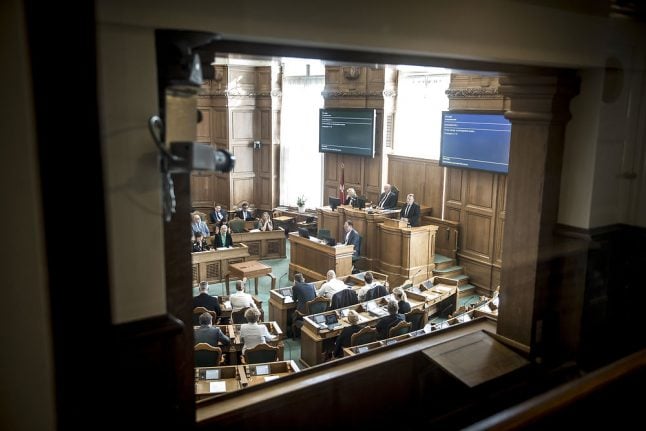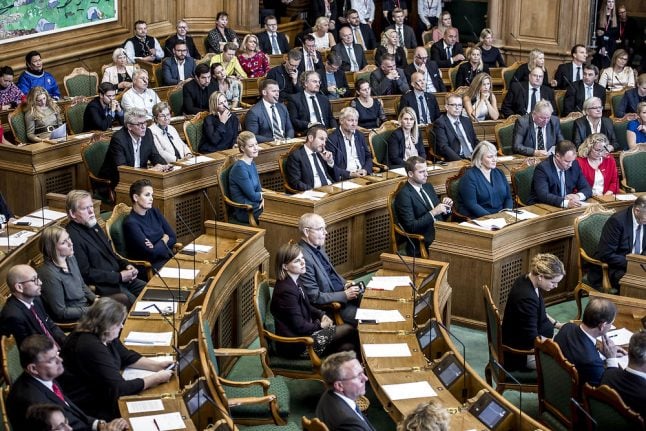The petition reached in June the 50,000 signatures required to force parliament to take up the issue.
Parliament’s justice administration (Lovsekretariat) has since processed the petition and found it not to be in breach of the constitution and therefore valid for parliamentary consideration.
Intact Danmark, a lobby group opposed to circumcision of healthy children, told broadcaster DR it expected parliament to vote on the issue in October.
“We are pleased. It is a small piece of Danish and world history that we are now ready to take this step,” the group’s chairperson Lena Nyhus told DR.
Supporters of the ban say that children should be allowed the right to make their own decisions over the procedure, and that long-term physical effects can result.
Opponents argue that it is parents’ right to circumcise children under 18 and that religious circumcisions fall under freedom of religion.
According to a survey conducted by DR in April, the majority of parties in parliament are yet to confirm their position on the issue or will allow their MPs to vote in accordance with personal views.
Circumcision of boys in Denmark is not common and is usually only conducted for religious reasons.
In 2016, The Economist reported that over 50 percent of male children were circumcised in the United States, in comparison with between two and three percent in Finland and the United Kingdom.
READ ALSO: Danish circumcision ban to go to parliament



 Please whitelist us to continue reading.
Please whitelist us to continue reading.